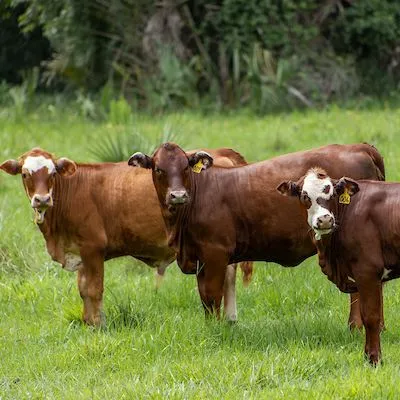Risk Management
Available Languages:
English
The process an organization undertakes to minimize financial, health or other risks by identifying potential hazards or adverse effects and by planning for and handling incidents which do occur in such a manner that their effect and cost are minimized.
Narrower Topics
Best Management Practices (BMPs)
Best management practices, or BMPs, are cost-efficient processes and activities that improve many aspects of daily life, from healthcare to food service. Agricultural BMPs aim to reduce water use and water quality impacts on farms and ranches while improving or maintaining soil. Additional BMPs focus on forestry practices and lawn care. In Florida, the Department of Agriculture and Consumer Services (FDACS) adopts by rule specific BMP manuals as a part of the state’s water quality policy.
HACCP
A systematic approach to be used in food processing as a means to assure food safety. [NALT]
Hazard Analysis and Critical Control Points (HACCP) is a systematic preventive approach to food safety and pharmaceutical safety that addresses physical, chemical and biological hazards as a means of prevention rather than finished product inspection. HACCP is used in the food industry to identify potential food safety hazards, so that key actions, known as Critical Control Points (CCPs), can be taken to reduce or eliminate the risk of the hazards being realized. The system is used at all stages of food production and preparation processes including packaging, distribution, etc. [AGROVOC]

